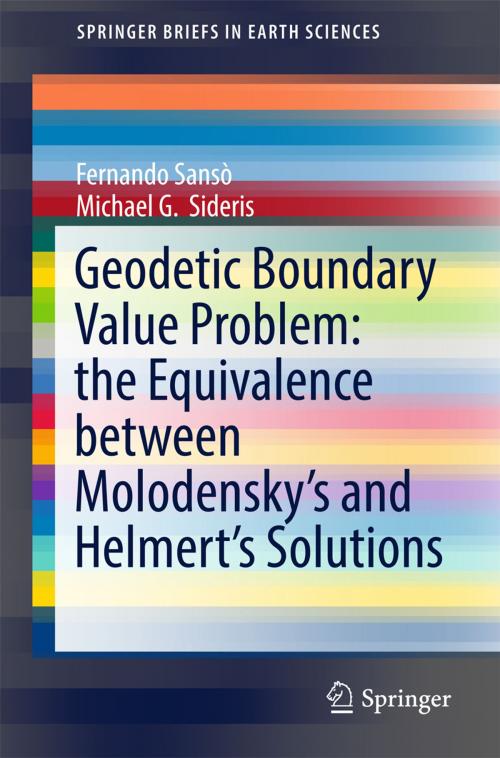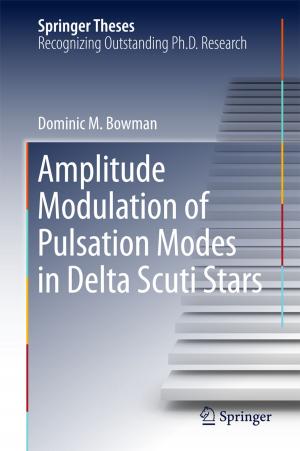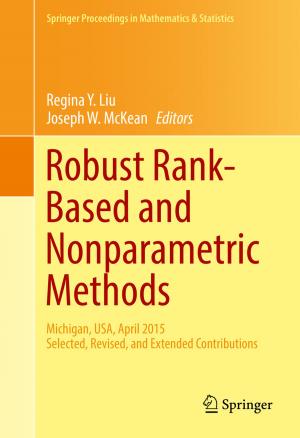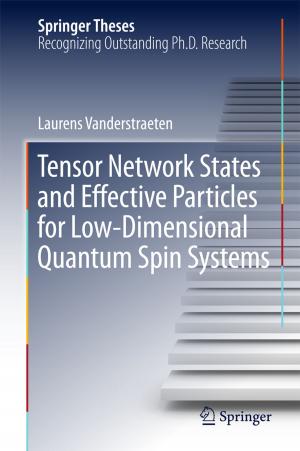Geodetic Boundary Value Problem: the Equivalence between Molodensky’s and Helmert’s Solutions
Nonfiction, Science & Nature, Science, Earth Sciences, Geophysics, Mathematics, Applied| Author: | Fernando Sansò, Michael G. Sideris | ISBN: | 9783319463582 |
| Publisher: | Springer International Publishing | Publication: | November 9, 2016 |
| Imprint: | Springer | Language: | English |
| Author: | Fernando Sansò, Michael G. Sideris |
| ISBN: | 9783319463582 |
| Publisher: | Springer International Publishing |
| Publication: | November 9, 2016 |
| Imprint: | Springer |
| Language: | English |
This book offers a new approach to interpreting the geodetic boundary value problem, successfully obtaining the solutions of the Molodensky and Stokes boundary value problems (BVPs) with the help of downward continuation (DC) based methods. Although DC is known to be an improperly posed operation, classical methods seem to provide numerically sensible results, and therefore it can be concluded that such classical methods must in fact be manifestations of different, mathematically sound approaches.
Here, the authors first prove the equivalence of Molodensky’s and Stoke's approaches with Helmert’s reduction in terms of both BVP formulation and BVP solutions by means of the DC method. They then go on to show that this is not merely a downward continuation operation, and provide more rigorous interpretations of the DC approach as a change of boundary approach and as a pseudo BVP solution approach.
This book offers a new approach to interpreting the geodetic boundary value problem, successfully obtaining the solutions of the Molodensky and Stokes boundary value problems (BVPs) with the help of downward continuation (DC) based methods. Although DC is known to be an improperly posed operation, classical methods seem to provide numerically sensible results, and therefore it can be concluded that such classical methods must in fact be manifestations of different, mathematically sound approaches.
Here, the authors first prove the equivalence of Molodensky’s and Stoke's approaches with Helmert’s reduction in terms of both BVP formulation and BVP solutions by means of the DC method. They then go on to show that this is not merely a downward continuation operation, and provide more rigorous interpretations of the DC approach as a change of boundary approach and as a pseudo BVP solution approach.















